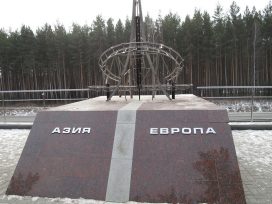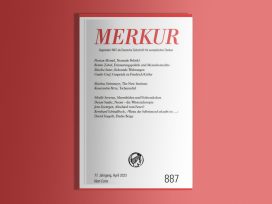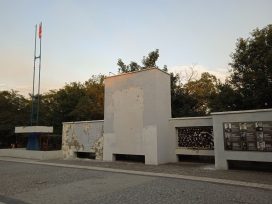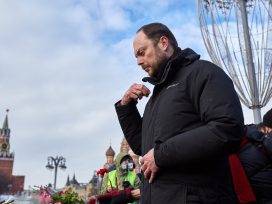Memorial and the liberating power of history
For three decades, Memorial has delivered the facts that have enabled Russians to seek the truth about the Soviet past. Without its research, international accounts of the GULAG would also have been impossible. The attempt to close the NGO is the latest move in the Putin regime’s attempt to monopolize history.
Democracy requires reflection. It is easy to fall for stories about how our group was always right and some other group was always wrong. Once these tales turn us into tribes, we follow the tribal leaders who tell them, rather than thinking for ourselves. Democracy means that people rule, but to do so, they need tools to see through the lies told by the powerful. Reflection requires facts, and getting at them is harder than it seems.
In the Soviet Union, dissidents set an ethical and practical example of how to do this. Do not engage the propaganda stories themselves, at least not at first. Take an interest in the most basic facts. Find out the names of the persecuted, record the details of their trials, their interrogations, their sentences, their time in the camps. Write it all down, and take the consequences. Treat small truths as worthy of risk. Be arrested in your turn, trusting that others will record your name.
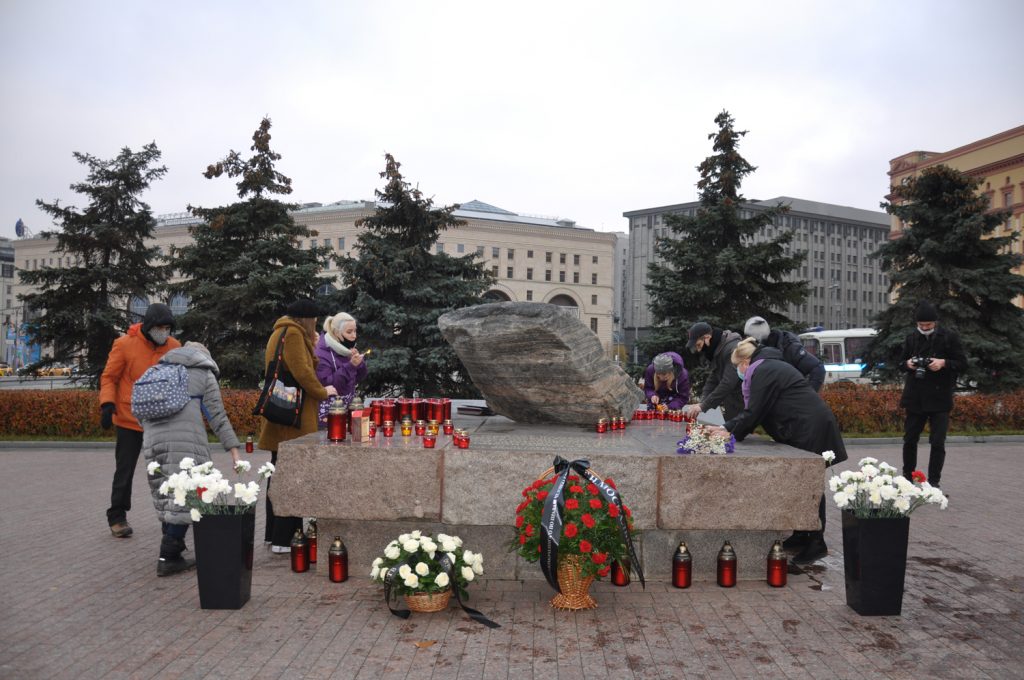
‘Return of the Names’, the annual event organized by Memorial, 2020. Image: David Krikheli; Source: Wikimedia Commons
‘Samizdat’ just means ‘published by oneself’, but the Russian word has the glow of risk for truth. We Americans speak lightly of freedom of speech, contenting ourselves with the notion that giving voice to this or that impulse means that we are free. In a longer and stronger tradition, freedom of speech means speaking truth to power. If you cannot do this, if you lack the facts or the courage to do so, you are not a free person. It is this sort of freedom that allows us to stay clear of the tribe, to become individuals, to reflect.
The most important samizdat publication in the Soviet Union was ‘The Chronicle of Current Events’. It had no grand story, no narrative. It introduced no counter-propaganda to address the post-Stalinism of the Brezhnev era. Between 1968 and 1982, its courageous activists simply recorded what they called human rights violations, and were sentenced to the camps. They did not tell their fellow Soviet citizens what to think. They did however produce some of the factuality that made thinking possible.
After Mikhail Gorbachev came to power in the Soviet Union in 1985, political prisoners were freed from the camps. In accordance with his policy of Glasnost, Soviet citizens were now allowed to seek the truth about the Soviet past. To do so, former political prisoners and human rights activists constituted themselves as a social movement called Memorial. After the end of the Soviet Union, the social movement, taking various institutional forms, has followed the same dissident ethic. The activists of Memorial collected data about the Great Terror of 1937-1938, which was a mass killing operation directed chiefly against peasants and members of national minorities, as well as about the vast concentration camp complex known as the Gulag.
For three decades, researchers associated with Memorial have been indefatigable in exploiting Russian archives, very often delivering the basic documents and analysis that have enabled people beyond Russia to write about Soviet terror as a whole. Anne Applebaum’s synthetic study of the Gulag and Golfo Alexopolous’s pioneering analysis of its death toll, for example, would have been impossible without Memorial. Without the efforts of Memorial, my book Bloodlands could not have been written. Poles now know that there was a Polish action in the Great Terror that took about one hundred thousand lives. This is one of the great atrocities in Polish history, and it was unknown. The original source of this knowledge was a book by the Memorial historians Arseny Roginsky and Nikita Petrov.Memorial’s labour is not only historical. Activists of Memorial risked (and sometimes lost) their lives in attempts to mediate during Russia’s wars in Chechnya. As the number of political prisoners in Russia mounts under the Putin regime, Memorial has renewed its advocacy of human rights in contemporary Russia. Each year, its Human Rights Centre releases a list of them.
By the logic of political tribalism, the Putin regime treats Memorial as an enemy. Putin has a hard time telling a story about Russia’s future, so he resorts to myths of the past. History is troubling, so best to stick to a simple myth, in which all Soviet policies were somehow justified and all Russians were innocent. Putin has not figured out what that story is, but he does understand that facts get in the way, as do people with the courage to pursue them. So long as he has no rivals in telling the story, he can imagine that he controls the past, and thus the present.
And so the very Russians who take risks so that Russians can know Russian history are categorized as ‘foreign agents.’ Memorial’s defence of a religious minority in Russia, the Jehovah’s Witnesses, is now defined as an act of ‘extremism’ and ‘terrorism.’ Persecuted in various ways for more than a decade, Memorial now faces dissolution by Russian authorities. The trial of Memorial’s Human Rights Centre began on November 23 and had been adjourned until December 16. Russian prosecutors have also asked the highest court to shut down International Memorial, the overall organization. That hearing began on November 25 and has been adjourned until December 14.
The move against factuality should concern us all. The example set by Russian dissidents was followed beyond Soviet Russia. The idea that the numbers matter, that the names matter, that the small facts matter, was essential to dissidents in Ukraine, Poland, Czechoslovakia, and throughout eastern Europe. Since the end of the Soviet Union in 1991, the labours of Memorial have mattered not just for Russians, although they have been enormously important at home, but also as an example for the rest of us.
Putin’s Russia has gone further than other governments in seeking a monopoly on the past. That shows us the general danger of legislating memory for political comfort.
We are all tempted by the simple stories, and should respect those who help us to resist them. If we cannot see ourselves, we cannot rule ourselves.
This article was first published on Tim Snyder’s Substack, ‘Thinking about…’
Published 10 December 2021
Original in English
First published by ‘Thinking about’ (Tim Snyder’ Substack)
Contributed by IWM © Tim Snyder
PDF/PRINTIn collaboration with
In focal points
Newsletter
Subscribe to know what’s worth thinking about.
Related Articles
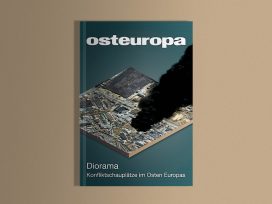
Flooded earth
Osteuropa 1–2/2023
What the destruction of the Kakhovka Dam means for water supplies, agriculture and industry in south-east Ukraine. Also: Azerbaijan’s ethnic cleansing in Nagorno-Karabakh; and a profile of imprisoned Russian oppositionist Vladimir Kara-Murza.
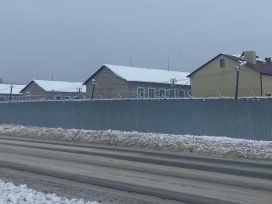
Memory as source of personal and collective resistance: on Yuri Dmitriev’s effort to document the history of the Mordovian GULAG while himself imprisoned in one of the penal colonies in the region, by a member of the Memorial Society.

